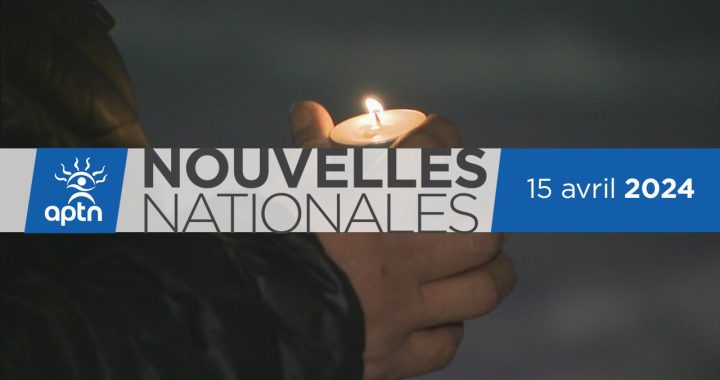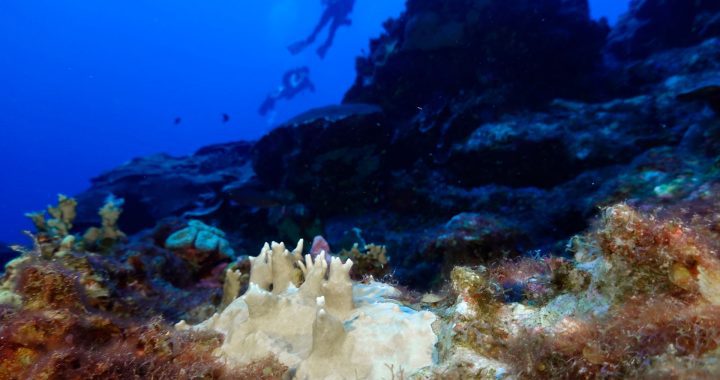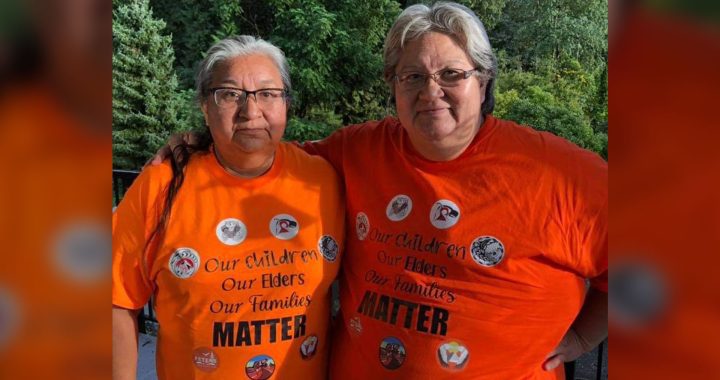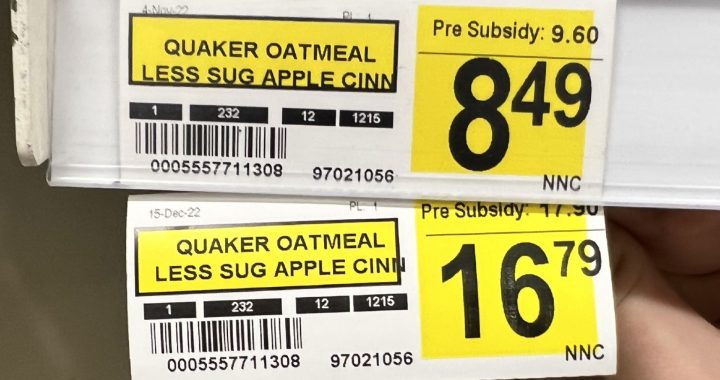The British Columbia Civil Liberties Association (BCCLA) says it’s “appalled” by the increasing militarization of RCMP forces on the ground in Wet’suwet’en territory and is demanding the police “stand down & vacate” the area.
“This is not a rescue mission. This is a siege. The Wet’suwet’en Hereditary Chiefs have repeatedly asserted that Coastal GasLink and the RCMP do not have consent to be on their territory,” said BCCLA lawyer Veronica Martisius in the open letter sent to a number of high ranking RCMP members including Dep. Comm. Dwayne McDonald, head of the B.C. Division, RCMP Commissioner Brenda Lucki, B.C., and politicians including B.C. Public Safety Minister Mike Farnsworth and Marc Miller, minister of Crown-Indigenous relations.
“The unlawful actions of the RCMP is putting the lives of the Wet’suwet’en people and their allies in grave danger.”
The letter comes after more than 30 people, including a photo-journalist and documentary maker, were arrested by militarized police over the weekend.
All have since been released with various conditions attached by the courts.
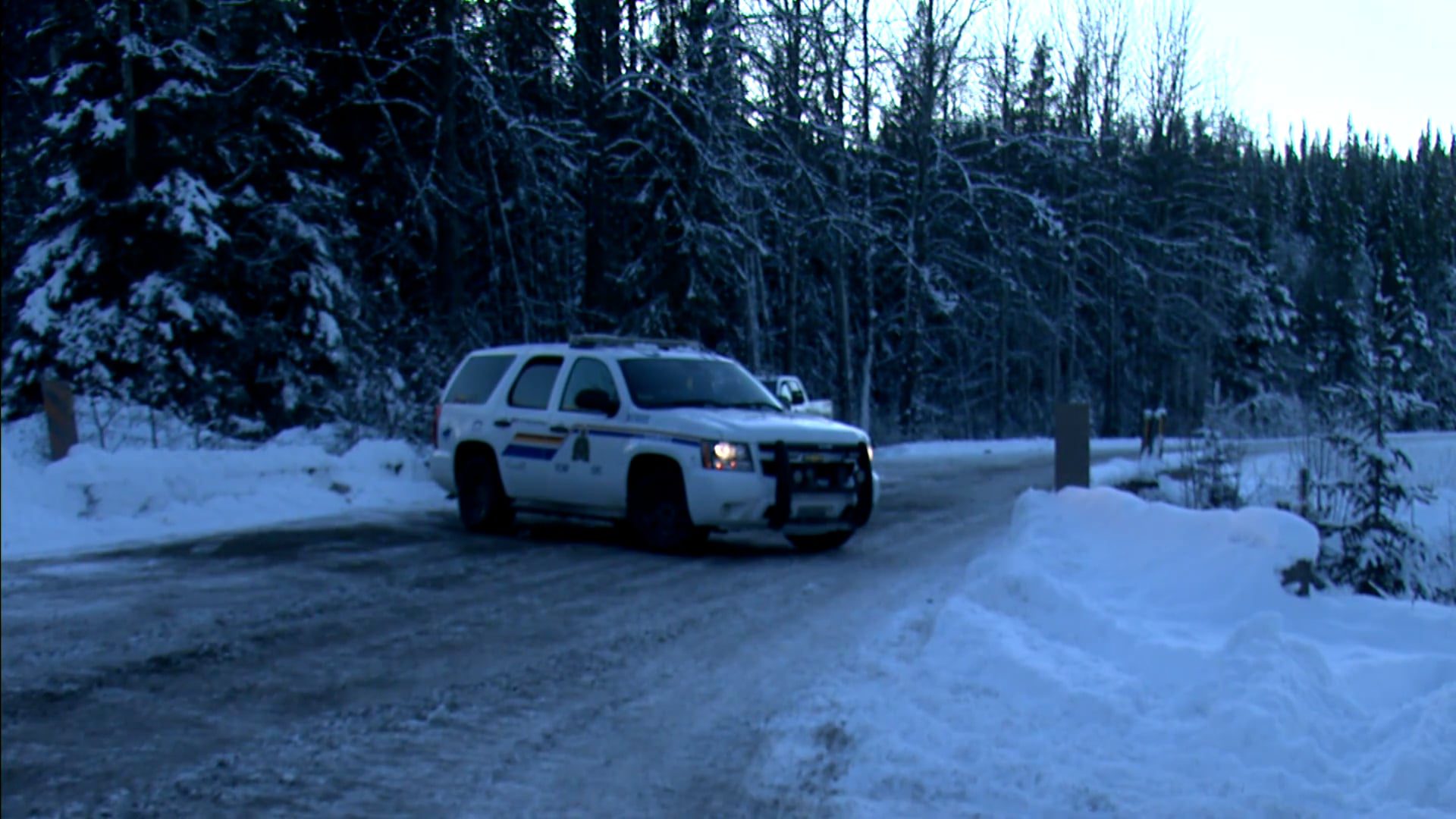
The BCCLA is also taking issue with what the police are calling an exclusion zone at the 27 km marker on the Morice West Service Rd., to keep protesters, travellers and media away from the main camp approximately 20 km further up the road.
“RCMP presence in Wet’suwet’en territory is a violation of the rule of law, Wet’suwet’en law, Indigenous rights and responsibilities, and the United Nations Declaration on the Rights of Indigenous Peoples (UNDRIP),” said Martisius in the letter. “On November 17, Cas Yikh member, Jen Wickham, was stopped by the RCMP at 27KM and was denied access to her own territory. She was on her way to 44KM to deliver supplies, including warm clothes, food and medication for an elder.
“The enforcement of an exclusion zone of this nature flies in the face of a recent BC Supreme Court decision wherein Justice Thompson ruled that geographically and temporally expansive exclusion zones (and associated checkpoints) are unlawful and not reasonably necessary for the police to enforce an injunction.”
Coastal GasLink has signed a deal with Indian Act elected band councils to construct a 670 km pipeline to carry fracked natural gas from Dawson Creek in northeastern B.C. to Kitimat on the coast and on to Asian markets.
The company says the pipeline is more than halfway finished with almost all of the route cleared and 200 km of pipe installed.
Pushing back is the Gidimt’en Checkpoint. Gidimt’en is one of five clans of the Wet’suwet’en Nation. The Gidimt’en Checkpoint is a group that is controlling access to the territory and the “House Chiefs made the decision to support” them.
On Tuesday, a dramatic video was released to the media showing RCMP officers pointing high calibre rifles at several people inside a small house on the territory. People inside including Gidimt’en Checkpoint spokesperson Sleydo’, stood back while police used a chain saw to cut through the door. Police entered the house and arrested them. In another house, Jocelyn Alec, the daughter of hereditary chief Dinï ze’ Woos’s (Frank Alec), was also taken into custody.
Read More:
Gidimt’en Checkpoint spokesperson, hereditary chief’s daughter among those arrested on weekend
The Delgamuukw decision: Putting the Wet’suwet’en conflict in perspective
In Ottawa, Public Safety Minister Marco Mendicino whose office oversees the RCMP was asked about Mountie’s actions Wednesday in Ottawa – but didn’t directly answer the question about tactics used by the police.
“The first thing I would say is that we always want to encourage peaceful dialogue when it comes to the Coastal Gas Link project. I know that from where we sit that enforcement is always a last resort,” said Mendicino. “I know an enforcement action did take place last week in BC and I think going forward we will continue to do everything we can as a government to encourage constructive dialogue among all the parties.”
Also on Wednesday, members of Tyendinaga Mohawk Territory and Mohawks of Akwesasne blocked Hwy 401, a major east-west route in Ontario blocked traffic for a short time this morning in support of Wet’suwet’en territory.
Last weekend, train tracks were blocked in B.C. Those blockades were quickly broken up by police.






